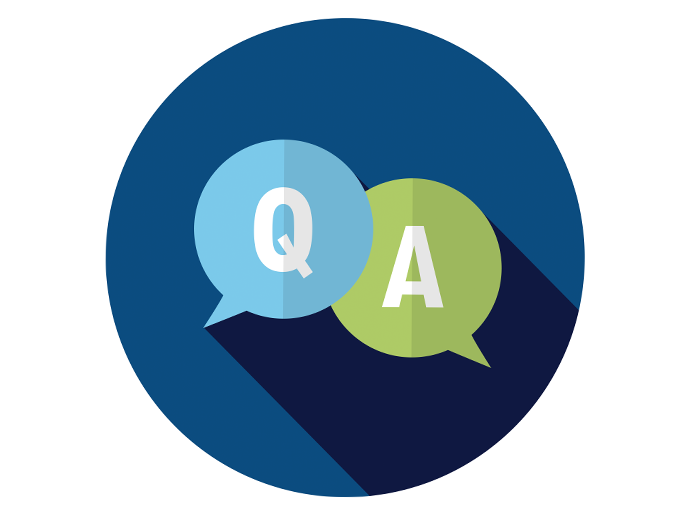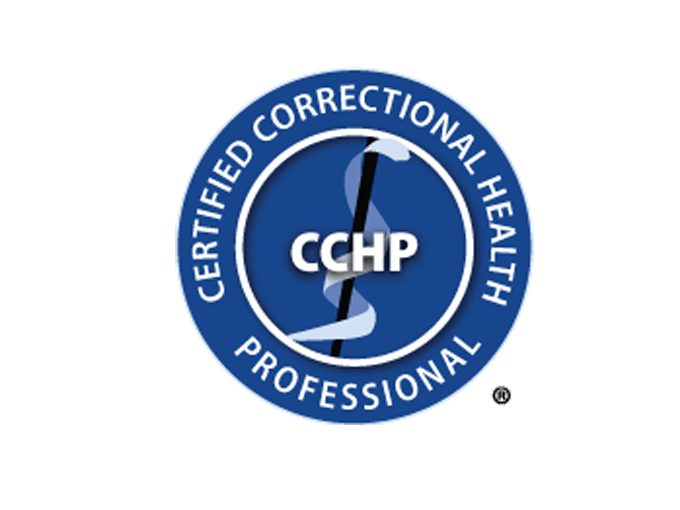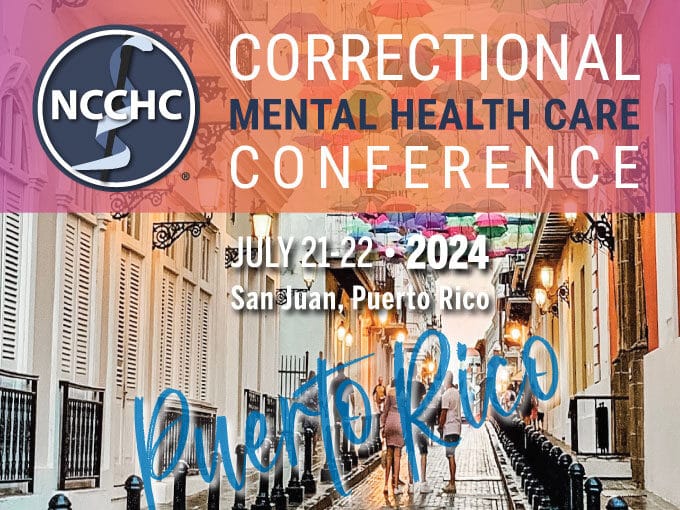
Standards Q&A: 75% Custody Health Training Requirement
Does the 75% requirement refer to all custody staff or only those working during
Home Deaf and Incarcerated, Part 2: Health Care
 Jun 29, 2022
Jun 29, 2022Information about health services is fundamental to the provision of care in correctional settings. NCCHC Standard E-01 Information on Health Services states that “Upon arrival at the facility, inmates are informed of the availability of health care services and how to access them” and specifies that arrangements should be made for an interpreter or assistive device “whenever effective communication is compromised due to speech, hearing, or language deficits.”
From Intake …
Proper intake and needs assessments on the front end can help reduce some of the risks for an individual who is Deaf. NCCHC Standard E-02 Receiving Screening requires that screening be “performed on all inmates upon arrival at the intake facility to ensure that emergent and urgent health needs are met.” Specifically, the person completing the screening needs to inquire about “current and past illnesses, health conditions, or special health requirements (e.g., hearing impairment …).”
The standard also states that receiving screening “should be conducted using a form and language fully understood by the individual, who may not speak English or may have a physical (e.g., speech, hearing, sight) or mental disability.”
For people who are Deaf, proper interpretation, provided by a certified interpreter, is critical for a thorough intake screening to identify health and/or mental health needs. In some cases, the facility will be informed in advance that a Deaf person is arriving so that an interpreter can be secured. If the hearing status of a new arrival is unknown and the individual displays signs of hearing loss – if they are unresponsive to sounds or spoken language or use signs or gestures to communicate – formal audiology testing should be scheduled immediately to determine the degree of hearing loss and the appropriate accommodations.
A comprehensive communication assessment may also be needed to determine the individual’s linguistic ability. Studies estimate that as many as 50% of Deaf people who are incarcerated have linguistic incompetence, a condition in which the individual is unable to comprehend any language, signed or spoken. The condition is often accompanied by cognitive and social deficits resulting from early childhood isolation or abuse, which, sadly, often goes hand in hand with language deprivation in Deaf children.
Obviously, the inability to understand any communication makes it almost impossible to engage in assessments, health care, programming, and socialization while incarcerated.
If linguistic incompetence is identified, interpreters who are trained to work with that population, including a Certified Deaf Interpreter, should be retained.
… To Discharge Planning
The ability to communicate is as essential at discharge as it is at intake and throughout incarceration; the lack of proper accommodations can affect prospects for future success.
Discharge planning generally includes a review of behavior and attendance at therapy, substance abuse support groups, educational classes, and other programs. If individuals have not been provided interpretation services and access to such programs, their release may be delayed.
Furthermore, when justice-involved Deaf people return to the community, they face unique barriers to obtaining postrelease support, housing, and employment. Mental health and other community services have frequently been shown to be inaccessible, and few halfway houses are equipped to provide appropriate support. That lack of supportive services can lead to homelessness, untreated mental health and substance abuse issues, and re-arrest.
Parole also requires that returning citizens engage in specific activities to remain in the community. Even with interpretation, people who are Deaf are not always clear on parole expectations, with can lead to parole violations and recidivism.
Other Considerations
Many individuals who are Deaf experience prolonged communication deprivation and social isolation while incarcerated. Such isolation not only creates challenges in terms of navigating the correctional environment, it has also been shown to increase risk of suicide, mental health issues, and substance use.
In addition to sign language interpreters, the facility should have videophones available to enable communication with loved ones or attorneys and to reduce the risk of isolation. Whenever possible, Deaf individuals should be housed in units together to allow for social connection and support.
Facilities should be equipped with a means to alert people who are Deaf in the event of fire, lockdown, or other emergency to prevent confusion, panic, injury, and even death. All alert systems should provide visual messaging such as digital displays for bed checks and fire alarms with flashing lights.
In addition, leadership should consider including a unit on engaging with Deaf individuals in custody staff training. Staff members who lack training in Deaf culture and language are at risk of misinterpreting gestures, touch, and facial expressions as aggressive, possibly leading to punitive consequences. Understanding their needs can help to ensure they are provided access to specialized equipment and services as well as help to keep them safe.
To that end, ongoing communication between custody and health staff about special needs, accommodations, and other considerations is essential and will help ensure the patient’s health and safety.
Despite legal protections, Deaf incarcerated individuals face unique challenges in accessing health care, mental health services, educational programming, and other services. Health care professionals and custody staff who interact with the Deaf population can help by being aware of their needs and struggles as well as the rights afforded to them. Increased awareness will help improve access to correctional health care, services, and resources that are every disabled individual’s right.
FOR MORE INFORMATION
M. Elizabeth Bowman, PhD, LCSW-C, is an assistant professor in the social work department at Gallaudet University and works with reentry services in Washington, DC. Jaemi Hagen, MSW, is a social worker and social justice advocate in Washington, DC.
About the artist: Nancy Rourke is an internationally known Deaf artist and activist. In addition to her work as a professional artist, she conducts artist-in-residencies at Deaf schools and promotes De’VIA (Deaf View/Image Art), art that examines and expresses the Deaf experience from a cultural, linguistic, and intersectional point of view. She has taught De’VIA art in Poland, Russia, France, Canada, and the U.S. Three of her paintings hang in the Silesian Museum in Katowice, Poland. Her work was featured in the September 2018 issue of Harper’s Magazine. Ms. Rourke graduated from Rochester Institute of Technology with a Masters of Fine Arts and lives in Loveland, Colo. Learn more at nancyrourke.com.


